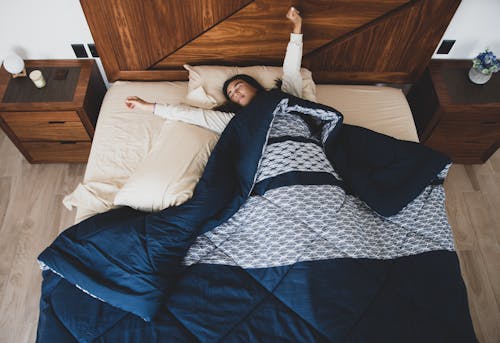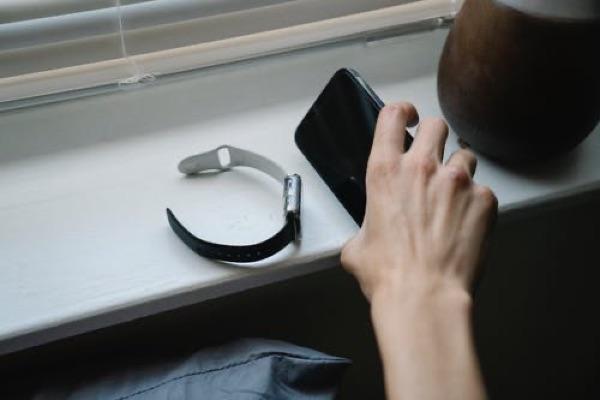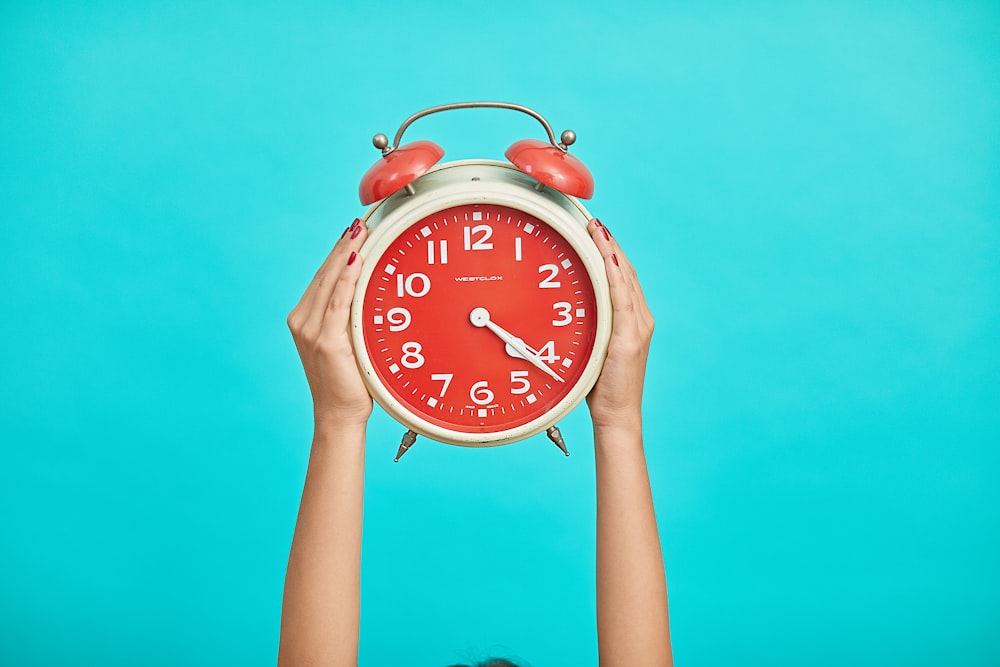We all know that music affects our mood - in fact, the sounds surrounding us can literally make or break our mental states at different stages during the day. And it’s not just something we use to boost our own mood. It’s used in a variety of social settings to bring people’s moods up and down depending on the situation.
Sport events play rousing marches and music to pump fans up and get everyone excited, whereas dental practices and shopping markets play soothing music to calm nervous patients and make shoppers stay longer in the calming environment.

Even just think of the ‘Countdown’ theme tune – the very thought of it makes you stressed just thinking about the excitement and time pressure!
Modern researchers have even been using music to treat things like anxiety and depression and music therapy is now being introduced into treatment of serious medical illnesses such as cancer, burns, and multiple sclerosis!
Because music can have such an affect on our mental and even seemingly our physical health, researchers have started to look at the sounds that wake us up in the mornings and how they affect the rest of our day.
The Royal Melbourne Institute of Technology have conducted a study that seems to suggest that melodic alarms could improve alertness levels in the morning, whereas harsh alarm tones have been linked to increased levels of morning grogginess.
The researchers trialled a traditional alarm beeping tone against a variety of songs, two of which were The Beach Boys’ ‘Good Vibrations’ and The Cure’s ‘Close to Me’, and found that alertness in participants was actually increased by waking up to music rather than a harsh alarm tone.
"Although more research is needed to better understand the precise combination of melody and rhythm that might work best, considering that most people use alarms to wake up, the sound you choose may have important ramifications,” Stuart MacFarlane, the paper’s lead author and an RMIT doctoral researcher commented.

"This is particularly important for people who might work in dangerous situations shortly after waking, like firefighters or pilots, but also for anyone who has to be rapidly alert, such as someone driving to hospital in an emergency."
The theory is that the harsh beeping noise may disrupt or confuse brain activity whereas more melodic noises make for a better transition from sleep to waking mode. Further research is needed, but for now, it could be an interesting experiment to try for yourself with some of your favourite songs!
Staying away from grunge music or loud, rousing music is recommended as they may be jarring or cause you to wake up in a slightly more hostile or upset manner, as grunge music has been linked to those emotions. Stick to your 70s or 80s classics (maybe even a little Mamma Mia?) and wake up happy!












